
Milieu Control. This involves the control of information and communication both within the environment and, ultimately, within the individual, resulting in a significant degree of isolation from society at large.
Mystical Manipulation. There is manipulation of experiences that appear spontaneous but in fact were planned and orchestrated by the group or its leaders in order to demonstrate divine authority or spiritual advancement or some special gift or talent that will then allow the leader to reinterpret events, scripture, and experiences as he or she wishes.
Demand for Purity. The world is viewed as black and white and the members are constantly exhorted to conform to the ideology of the group and strive for perfection. The induction of guilt and/or shame is a powerful control device used here.
Confession. Sins, as defined by the group, are to be confessed either to a personal monitor or publicly to the group. There is no confidentiality; members' "sins", "attitudes", and "faults" are discussed and exploited by the leaders.
Sacred Science. The group's doctrine or ideology is considered to be the ultimate Truth, beyond all questioning or dispute. Truth is not to be found outside the group. The leader, as the spokesperson for God or for all humanity, is likewise above criticism.
Loading the Language. The group interprets or uses words and phrases in new ways so that often the outside world does not understand. This jargon consists of thought-terminating clichés, which serve to alter members' thought processes to conform to the group's way of thinking
Doctrine over person. Member's personal experiences are subordinated to the sacred science and any contrary experiences must be denied or reinterpreted to fit the ideology of the group.
Dispensing of existence. The group has the prerogative to decide who has the right to exist and who does not. This is usually not literal but means that those in the outside world are not saved, unenlightened, unconscious and they must be converted to the group's ideology. If they do not join the group or are critical of the group, then they must be rejected by the members. Thus, the outside world loses all credibility. In conjunction, should any member leave the group, he or she must be rejected also.
In his 1999 book Destroying the world to save it: Aum Shinrikyo, Apocalyptic Violence and the New Global Terrorism, Lifton concluded that thought reform was possible without violence or physical coercion.
Robert W. Ford, a British radio operator who worked in Tibet in the 1950s, spent five years in Chinese jails. He published a book entitled Captured in Tibet, describing and analyzing thought reform to which he was harshly subjected.[2]
[edit] William Sargant's theories on mind control
William Sargant connected Pavlov’s findings to the ways people learned and internalized belief systems. Conditioned behavior patterns could be changed by stimulated stresses beyond a dog’s capacity for response, in essence causing a breakdown. This could also be caused by intense signals, longer than normal waiting periods, rotating positive and negative signals and changing a dog’s physical condition, as through illness. Depending on the dog’s initial personality, this could possibly cause a new belief system to be held tenaciously. Sargant also connected Pavlov’s findings to the mechanisms of brain-washing in religion and politics.[3]
"Though men are not dogs, they should humbly try to remember how much they resemble dogs in their brain functions, and not boast themselves as demigods. They are gifted with religious and social apprehensions, and they are gifted with the power of reason; but all these faculties are physiologically entailed to the brain. Therefore the brain should not be abused by having forced upon it any religious or political mystique that stunts the reason, or any form of crude rationalism that stunts the religious sense." (p. 274)[3]
[edit] Margaret Singer's conditions for mind controlPsychologist Margaret Singer describes in her book Cults in our Midst six conditions which she says would create an atmosphere in which thought reform is possible. Singer states that these conditions involve no need for physical coercion or violence.[4]
Keep the person unaware of what is going on and how attempts to psychologically condition him or her are directed in a step-by-step manner.
Potential new members are led, step by step, through a behavioral-change program without being aware of the final agenda or full content of the group. The goal may be to make them deployable agents for the leadership, to get them to buy more courses, or get them to make a deeper commitment, depending on the leader's aim and desires.
Control the person's social and/or physical environment; especially control the person's time.
Through various methods, newer members are kept busy and led to think about the group and its content during as much of their waking time as possible.
Systematically create a sense of powerlessness in the person.
This is accomplished by getting members away from their normal social support group for a period of time and into an environment where the majority of people are already group members. The members serve as models of the attitudes and behaviors of the group and speak an in-group language. Strip members of their main occupation (quit jobs, drop out of school) or source of income or have them turn over their income (or the majority of) to the group.
Once the target is stripped of their usual support network, their confidence in their own perception erodes.


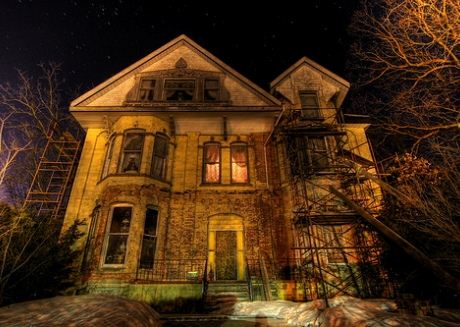
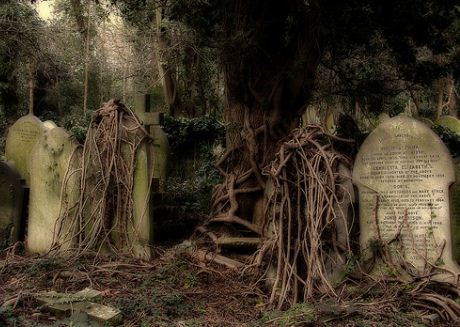
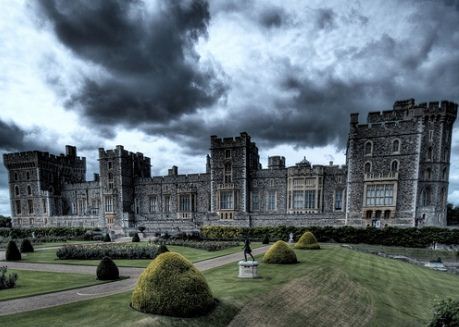
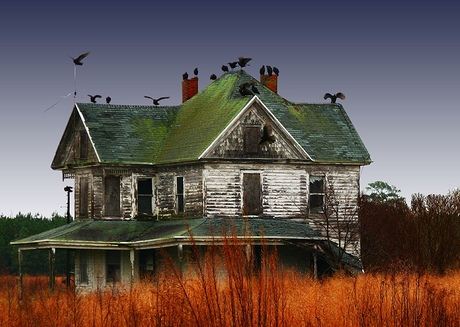
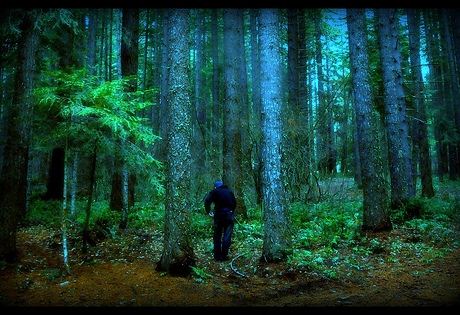
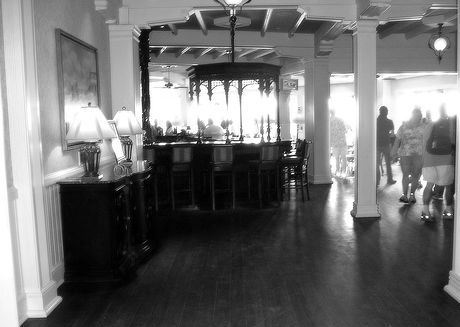

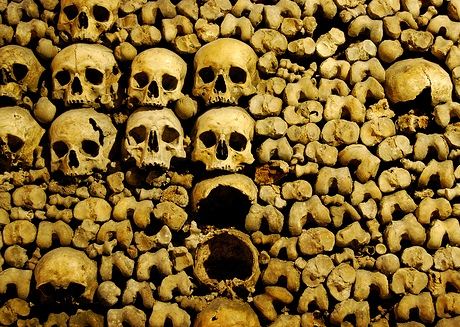

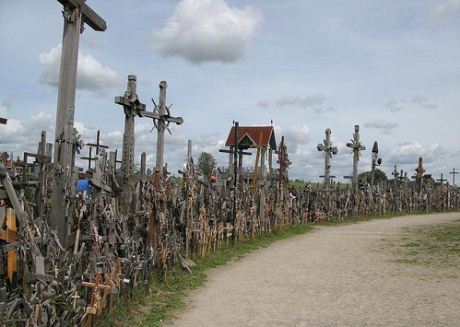
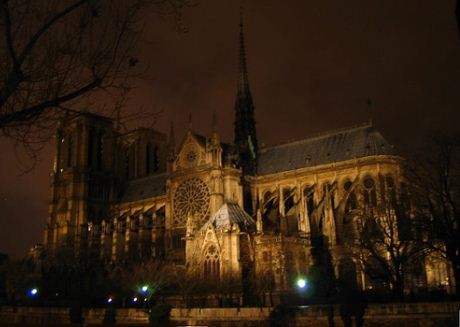







Join The Community